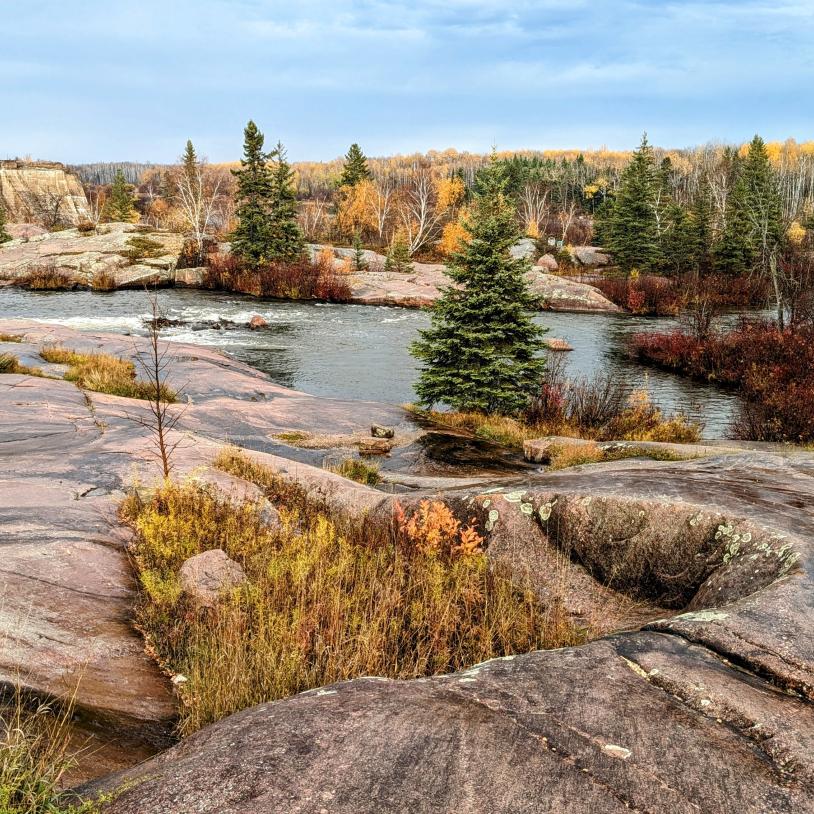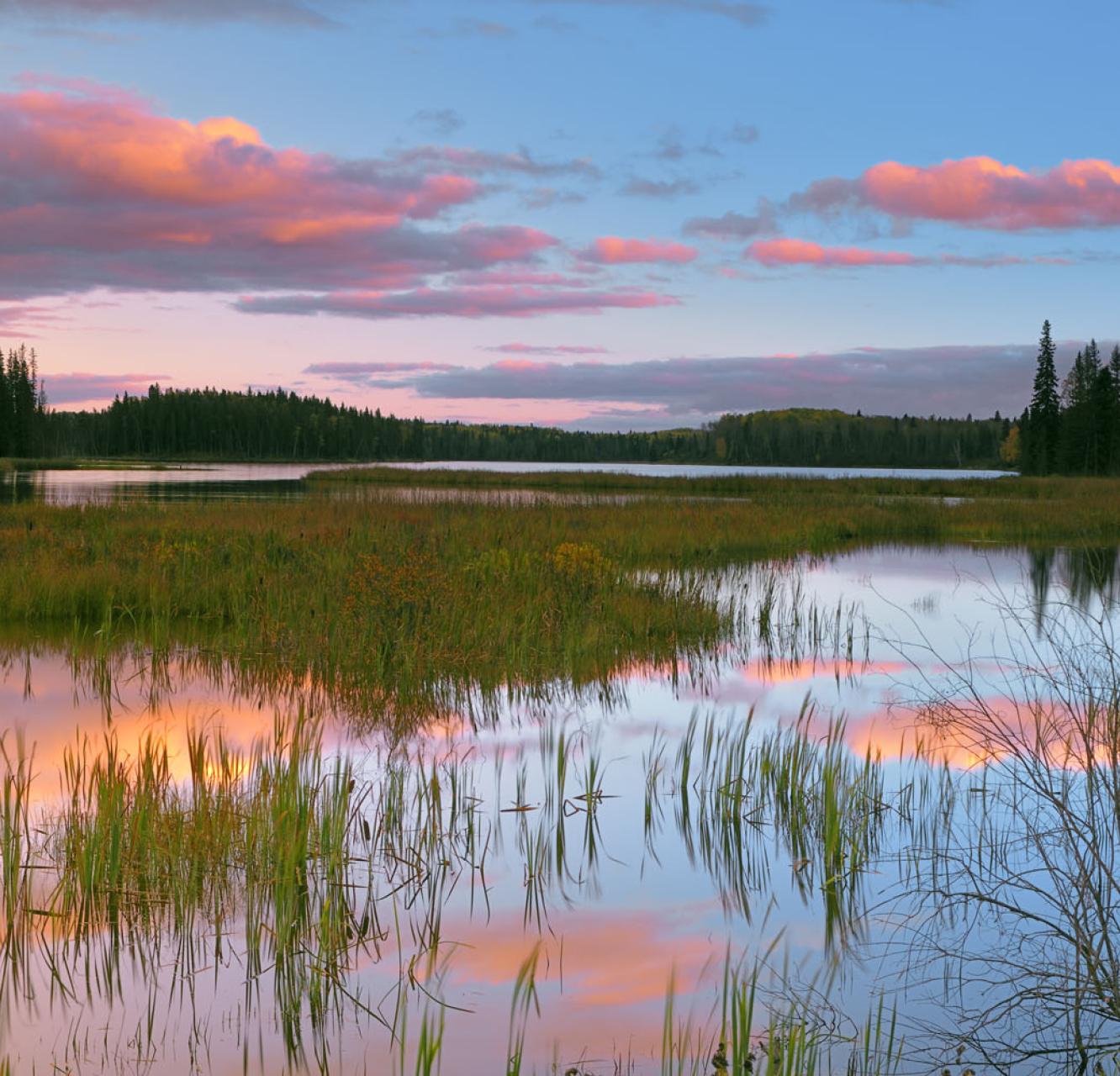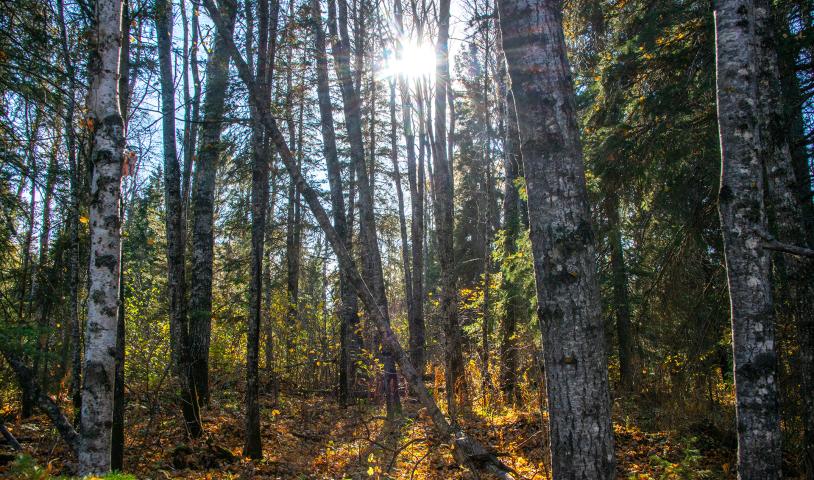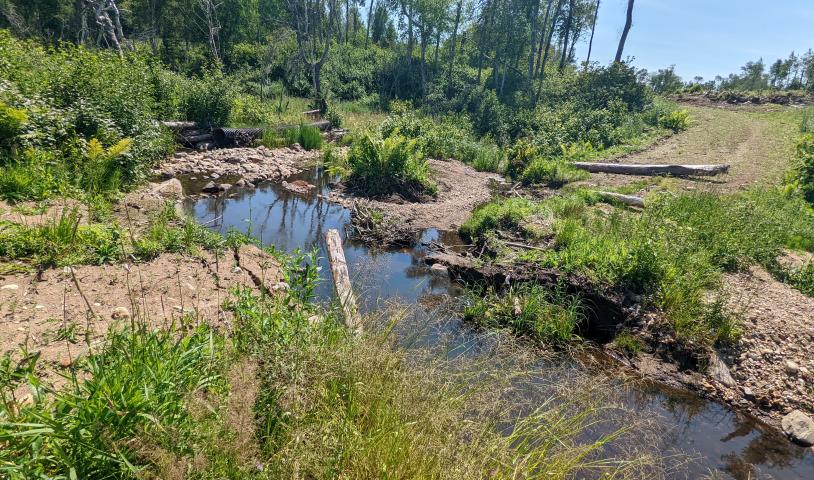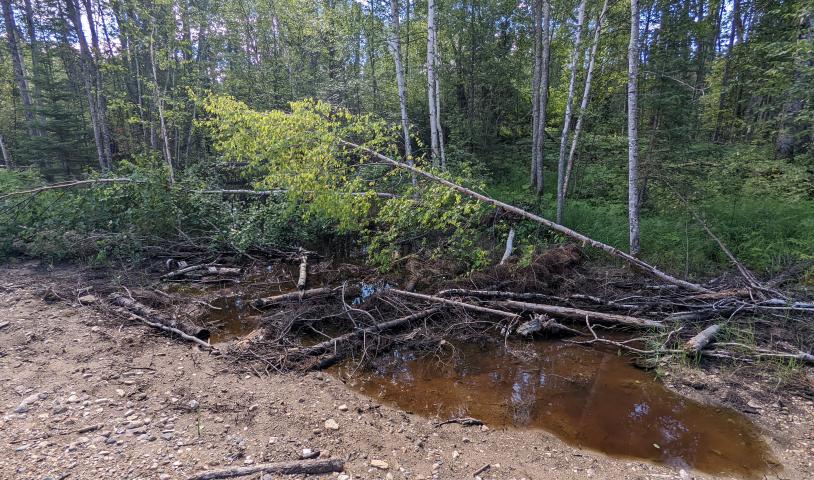Court dismisses appeal of decision that allowed logging road construction in provincial parks
Friday, February 15, 2013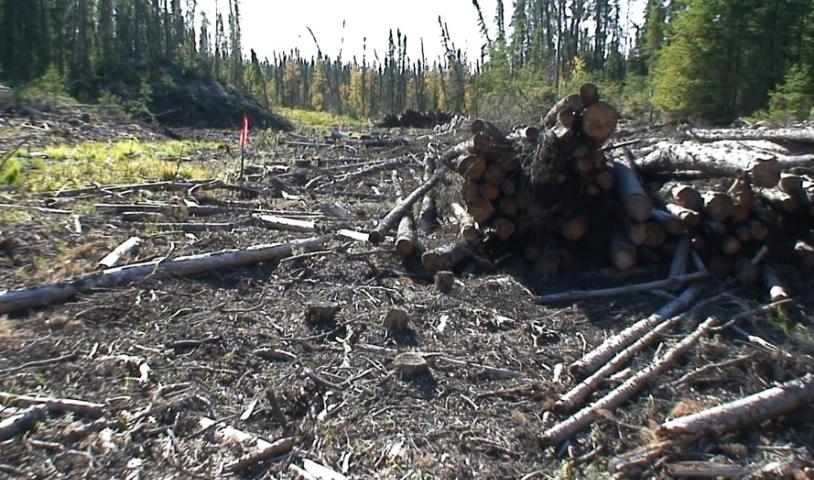
An appeal of a legal ruling on a logging road through Grass River Provincial Park, which lies along Hwy. 39 west of Snow Lake, was dismissed by the Manitoba Court of Appeal on Jan. 31.
The appeal, launched by the Wilderness Committee, argued that a timber sale agreement between the provincial government and Tolko, which started building the road in 2011 to more efficiently transport timber from a logging operation outside the park’s boundaries to Hwy. 39, contravened the province’s own prohibition on logging in provincial parks, with the exception of Duck Mountain Provincial Park.
Madam Justice Freda M. Steel, in a ruling agreed with by fellow Court of Appeal justices Marc M. Monnin and Holly C. Beard (a former Thompson city councillor), stated that the section of The Forest Act, which deals with logging in provincial parks, does not explicitly prohibit logging, but only issuance of timber cutting rights. Although timber cutting rights were issued, wrote Steel, “[t]he primary and dominant purpose in granting timber cutting rights was the salvage of timber cut from the road construction and not to authorize harvest for the purpose of commercial sale of the forest product.” Consequently, wrote Steel, the appeal was dismissed.
Eric Reder, the Manitoba campaign director for the Wilderness Committee, said the dismissal of the appeal proves that the provincial government was not being truthful when it claimed to have banned logging in provincial parks.
“This is a very damning decision, and the Manitoba government has to answer for their actions,” said Reder in a press release regarding the ruling. “We were promised a ban on logging in our beloved provincial parks and it was not delivered.”
The court proceedings began in 2011 when the Wilderness Committee asked for legal clarification of whether or not felling trees to build a logging road was considered logging and if such actions were prohibited as a result of the ban on logging in provincial parks. The initial court decision was that, while the construction of a logging road could be considered logging, it was not illegal under the legislation banning logging in provincial parks. The Wilderness Committee then proceeded to appeal.
The court’s ruling on the Wilderness Committee’s appeal noted that the appellant had attempted to determine the basis of various government departments’ and officials’ authority to issue the licences, permits and agreements for building the road to Tolko prior to taking the matter to court and therefore had acted responsibility before entering the legal process. Therefore, the Wilderness Committee was not found liable for court costs.
“This has been an extremely draining and very disappointing process,” said Reder. “We took the government at their word when they said they were banning logging in provincial parks, but now we’ve seen how far their commitment to protecting parks really goes. The judge did provide us with some vindication though, in agreeing that we were left with no option but to take this to court as a matter of public interest.”
In light of the ruling, the Wilderness Committee is calling on the province to enact legislation that actually bans all logging in provincial parks.
